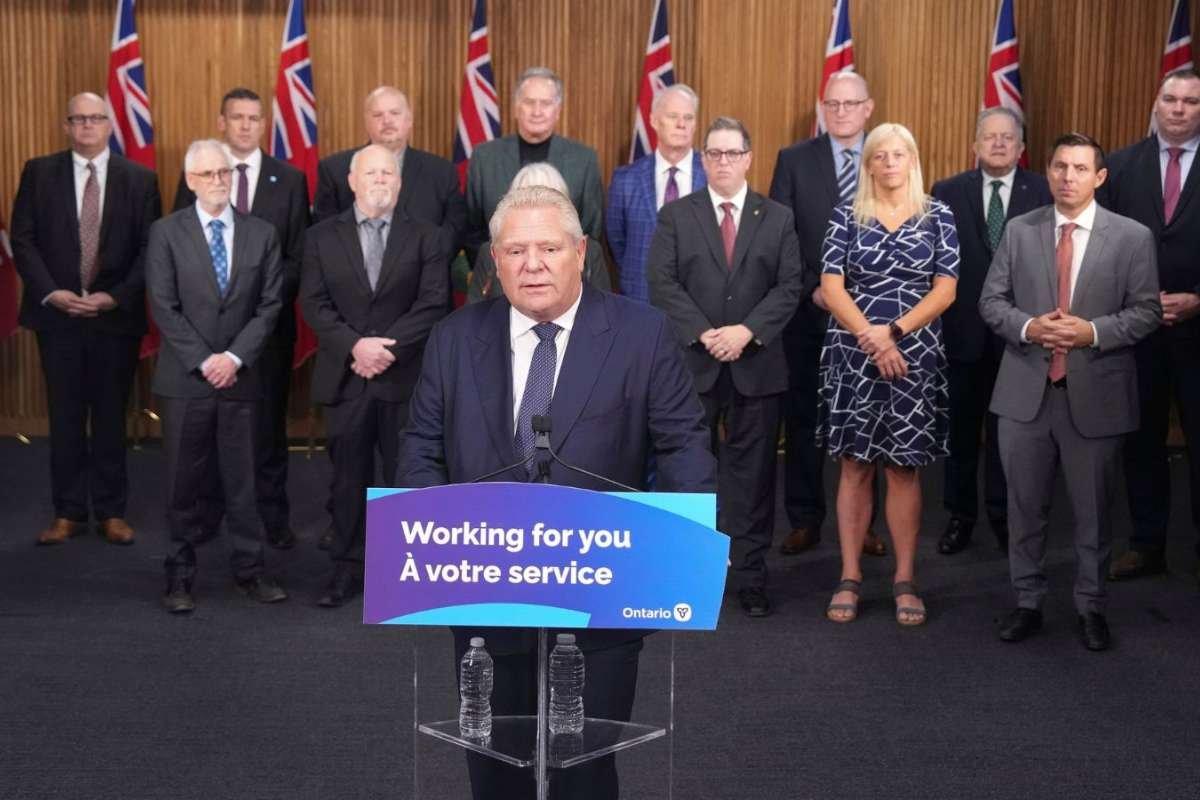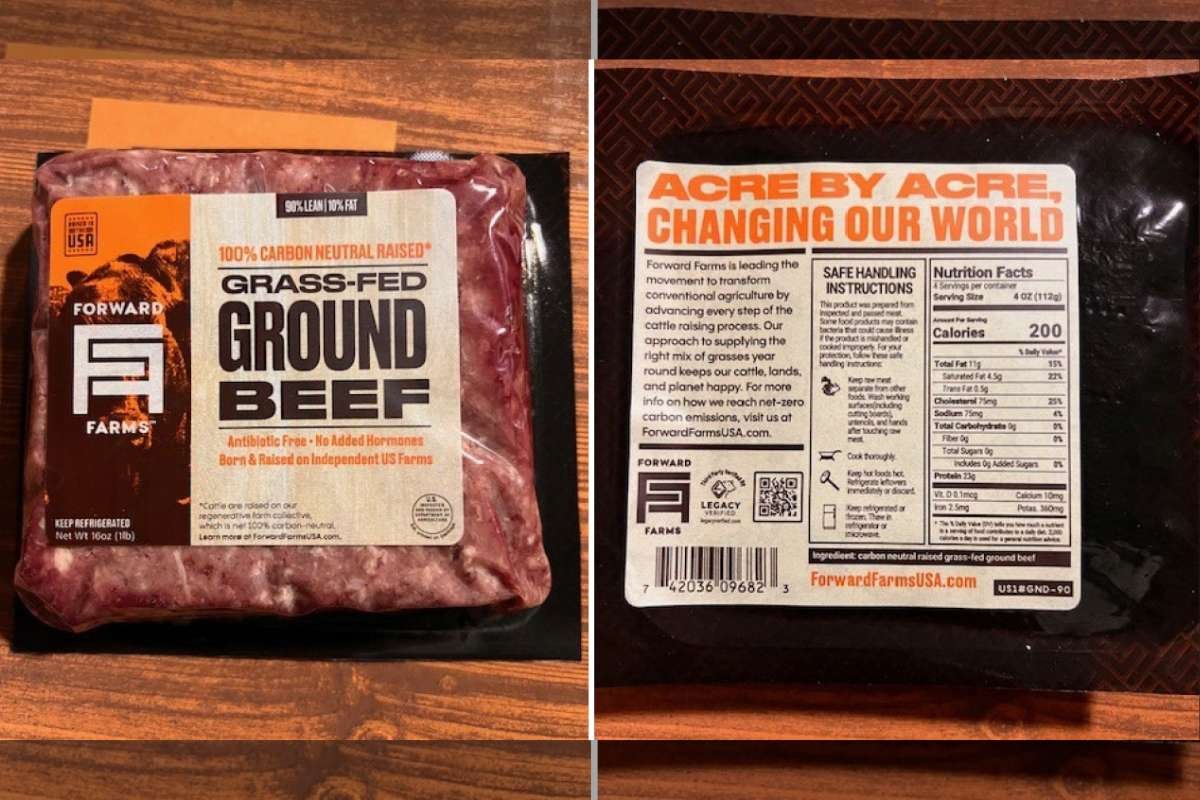Ontario’s Government Responds to Potential U.S. Tariffs
Ontario’s government is prepared to take drastic steps if U.S. President-elect Donald Trump imposes a proposed 25% tariff on Canadian goods. A senior official revealed that Ontario may restrict electricity exports to Michigan, Minnesota, and New York while barring the sale of American-made alcohol in the province. This move comes as part of Ontario Premier Doug Ford’s broader strategy to defend Canadian interests in response to potential U.S. trade measures.
Ford emphasized that limiting electricity exports would significantly impact American energy costs, calling it a “last resort.” He warned, “If you come and attack Ontario, you attack the livelihoods of Canadians. We will use every tool to defend our people.” Ford also highlighted the province’s critical role in supplying power to U.S. states, pointing out that Ontario powered 1.5 million American homes in 2023 alone.
The Premier’s government is also considering restricting exports of critical minerals vital for electric vehicle production and excluding U.S.-based firms from Ontario’s government procurement processes. Deputy Prime Minister Chrystia Freeland confirmed support from provincial leaders for a strong response, indicating that critical mineral exports to the U.S. are under review.
Trump’s Tariff Plan and Canadian Trade Impact
Donald Trump’s tariff threat aims to address migration and drug trafficking issues, with Canada and Mexico at the center of the debate. Trump argued that the U.S. “subsidizes Canada” and criticized the $75 billion trade deficit between the two countries. While Trump expressed hope for a resolution, he maintained that the U.S. should not bear the financial burden of trade imbalances.
Canada is the United States’ largest supplier of crude oil and electricity, with energy exports reaching $170 billion last year. Ontario Premier Ford pointed out that a 25% tariff on Canadian oil would increase U.S. gasoline prices by about one dollar per gallon. Ford, who chairs the Canadian Council of Premiers, underscored that such tariffs would harm both economies.
Experts agree that tariffs would raise prices for essential goods like food, clothing, automobiles, and alcohol. The Produce Distributors Association warned that trade tensions could disrupt fresh produce supplies, hurting U.S. farmers. This echoes Canada’s response to previous U.S. tariffs in 2018 when retaliatory duties were imposed on American steel, aluminum, and other goods.
Canada Strengthens Border Measures
In an effort to address Trump’s border security concerns, Canada has promised enhanced border enforcement measures. Public Safety Minister Dominic LeBlanc announced plans for additional police and border officers, along with the deployment of drones and sniffer dogs. Alberta’s government will also bolster security with a new sheriff patrol unit, surveillance drones, and drug detection dogs to monitor its border with Montana.
Canadian officials stress that the U.S. should not equate Canada’s border concerns with Mexico’s. LeBlanc noted that illegal migration from Canada accounts for only 0.6% of U.S. crossings, while fentanyl from Canada makes up just 0.2% of total U.S. seizures. Despite these efforts, Canadian Prime Minister Justin Trudeau warned that sweeping tariffs would cause “devastating” economic effects on both sides of the border.
As tensions mount, both sides face the challenge of balancing national interests with economic realities. With billions in trade at stake, a resolution remains critical to avoid severe disruptions in North American supply chains and energy markets.


















